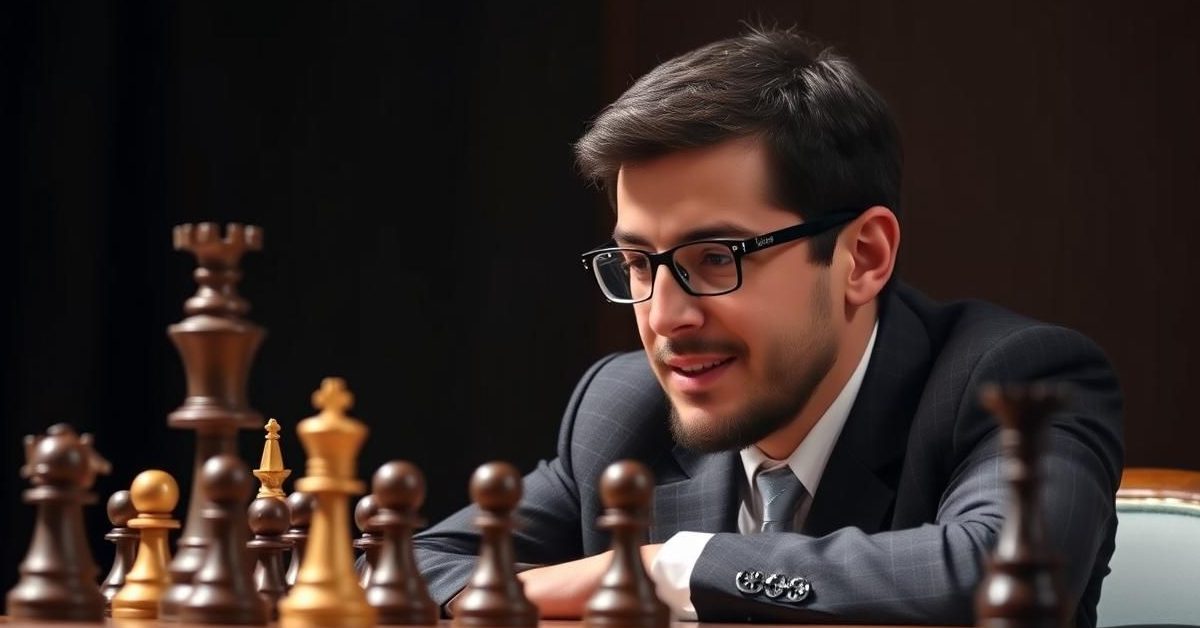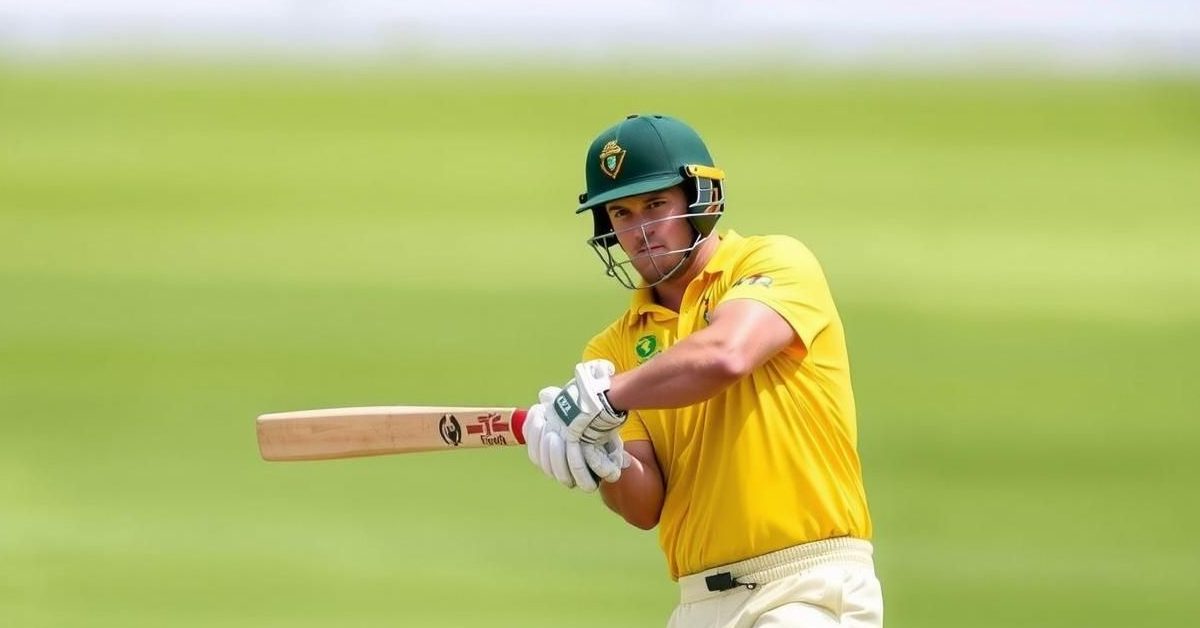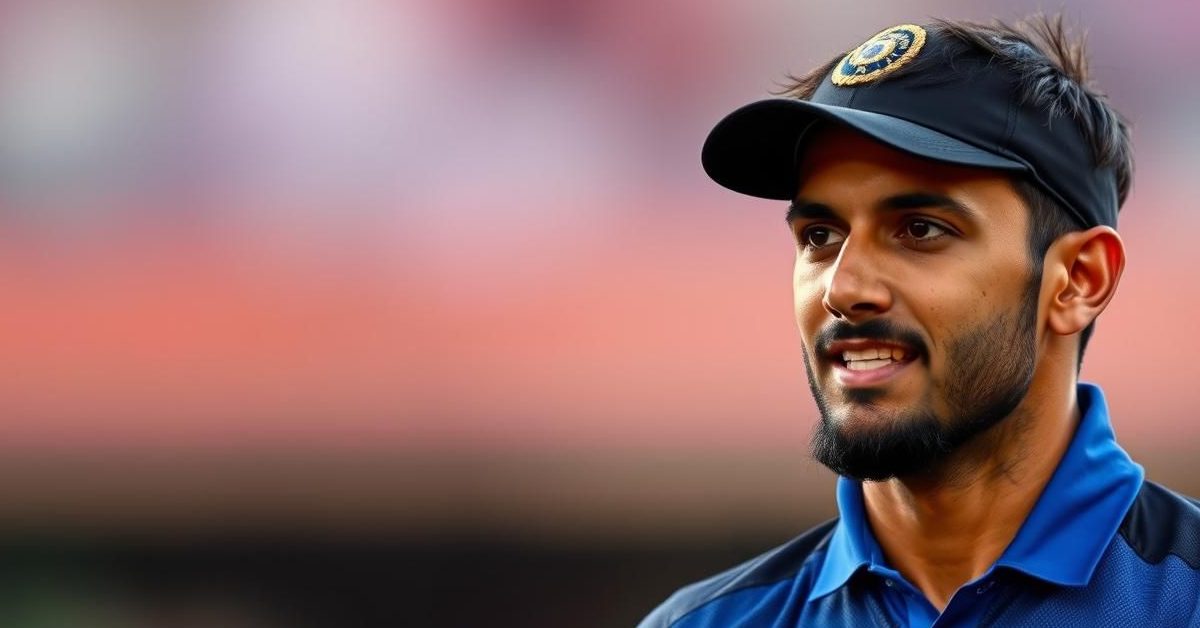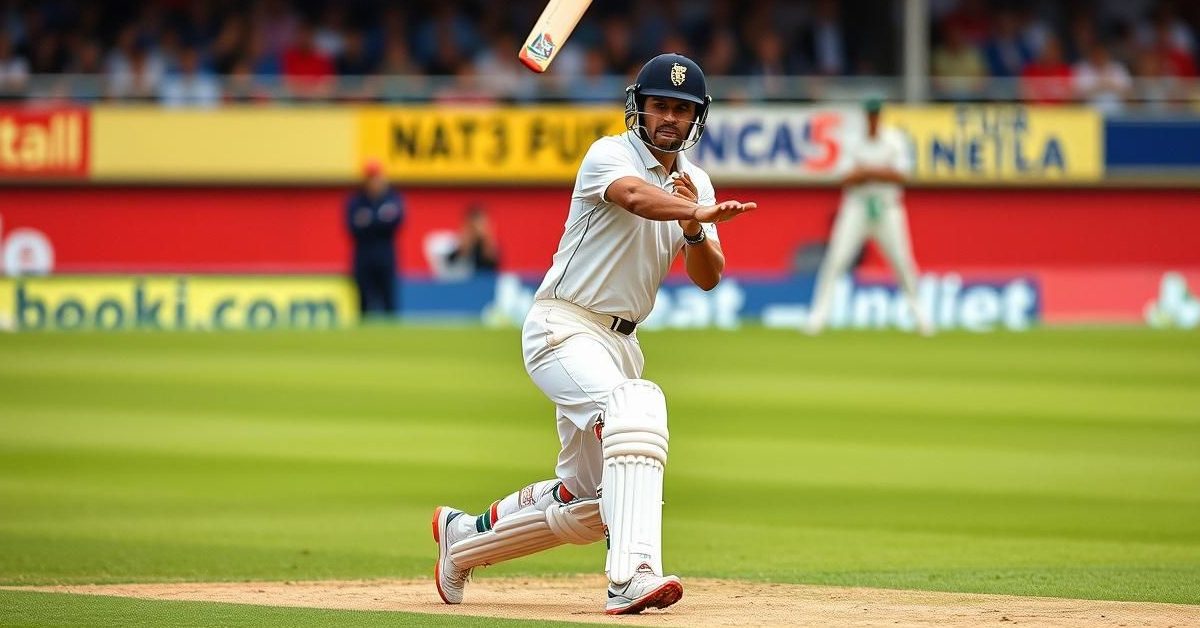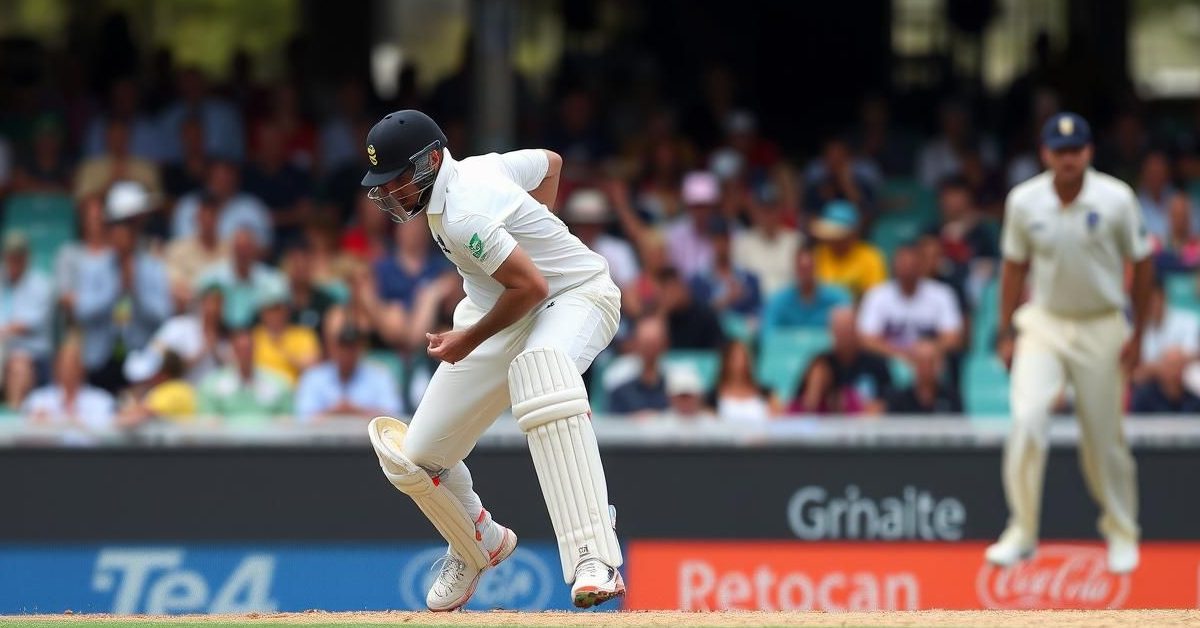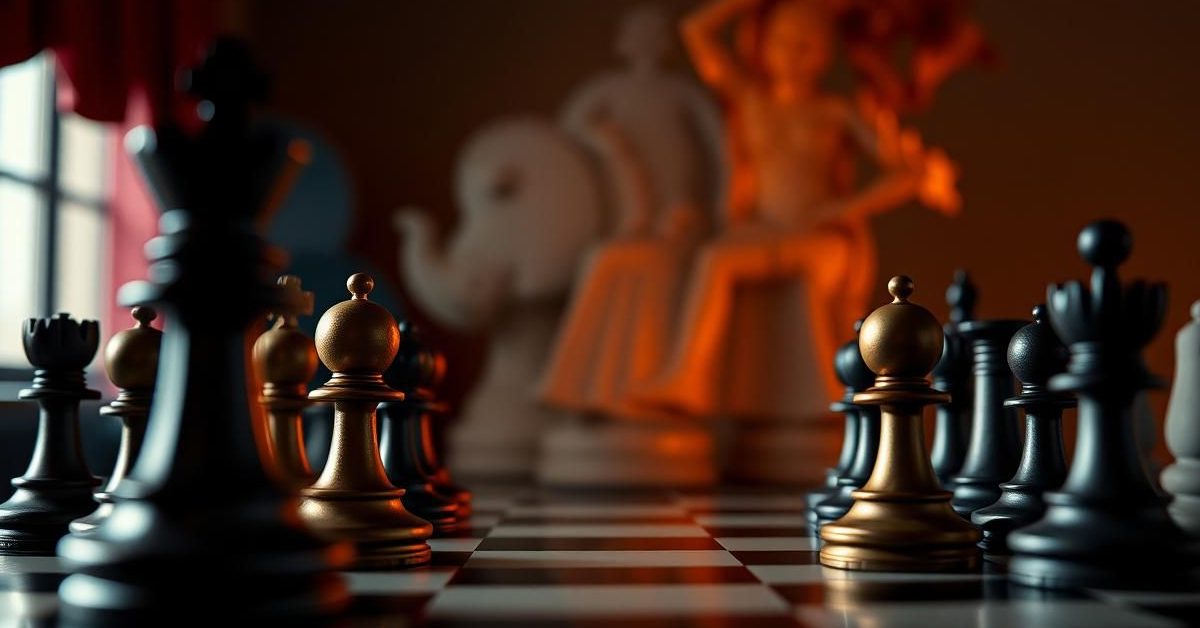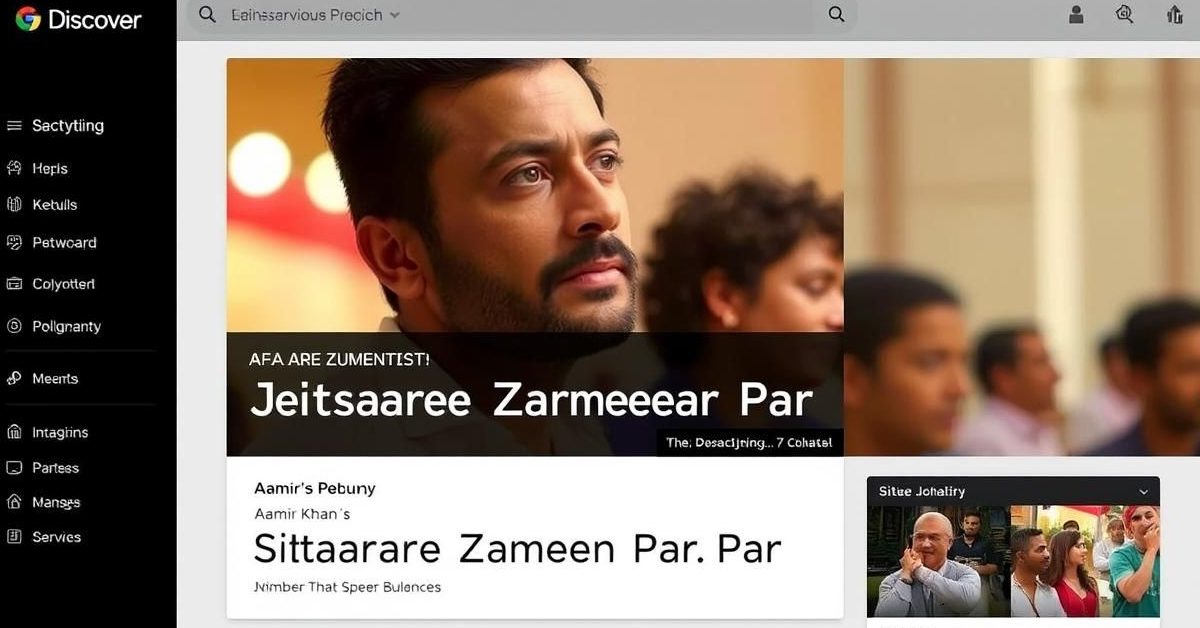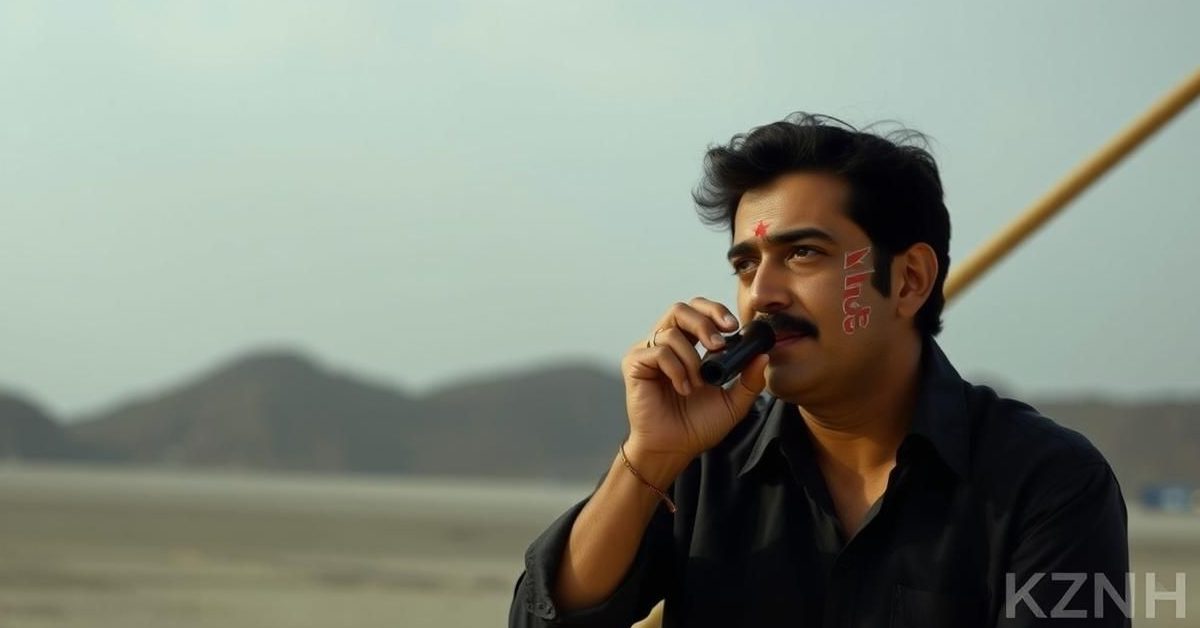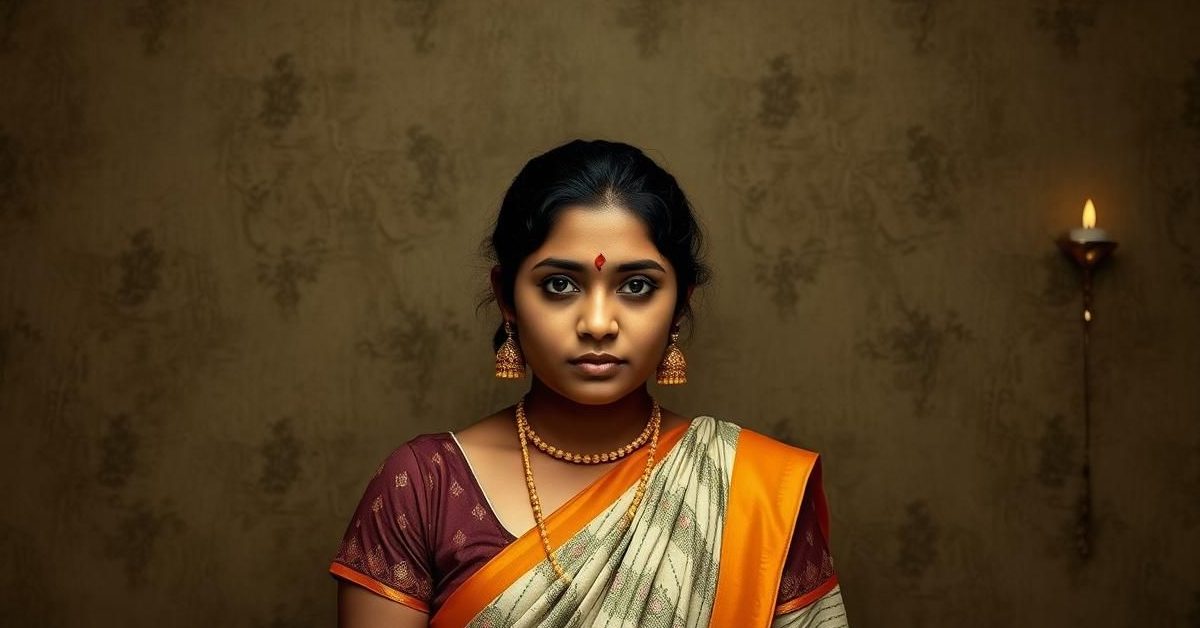A Grandmaster’s Heartfelt Plea: Levon Aronian Urges Vladimir Kramnik to End Chess Feuds
In an emotionally charged open letter, Armenian-American Grandmaster Levon Aronian reached out to Russia’s Vladimir Kramnik, the esteemed 14th World Chess Champion. Aronian, who views Kramnik as one of his pivotal “chess parents” alongside Boris Gelfand and Gabriel Sargissian, issued a poignant appeal for reconciliation and a renewed sense of unity within the global chess community. His message called for a “proper, unbiased analysis” and a fresh beginning, urging Kramnik to step back from the escalating disputes that have recently engulfed the chess world.
Kramnik’s Controversial Crusade Against Online Cheating
The impetus for Aronian’s public address stems from Vladimir Kramnik’s increasingly vocal and often contentious stance on integrity in online chess. Over recent months, the former World Champion has adopted a scrutinizing, almost detective-like approach to numerous online games, frequently raising suspicions and outright insinuations of cheating against various players. This vigilant, sometimes aggressive, pursuit of perceived malfeasance has created significant friction within the community.
These disputes have regrettably escalated beyond mere verbal exchanges. Kramnik has notably pursued legal action, filing a defamation lawsuit against the prominent online chess platform Chess.com, the well-known chess news outlet Chessdom, and Czech Grandmaster David Navara. These legal battles follow a prolonged period of public disagreements and accusations, further fragmenting the close-knit world of professional chess.
Aronian underscored the profound familial bond among elite chess players, asserting, “We are a family; we can’t keep suing or threatening each other over questionable online analyses that, in most cases, don’t hold up.” This plea highlights the deep personal toll these conflicts are taking on the sport’s leading figures.
A Son’s Tribute: Aronian’s Deep Admiration for Kramnik
Aronian’s open letter was far more than a simple request; it was a heartfelt homage to a man he profoundly respects. He began by publicly apologizing for the open nature of his address, explaining that the chess world, and indeed a new generation of players, needed to grasp the true essence of who Vladimir Kramnik is, and perhaps, for Kramnik himself to be reminded of his own legacy.
“Vlad, you have always been an inspiration to me and to the majority of people who know you, as just like you, dedicated their lives to chess,” Aronian penned. He recounted a formative experience in Paris in 2005, where he briefly trained with Kramnik. Despite realizing that Kramnik’s “fanatical approach” to chess was vastly different from his own personality, Aronian recognized the depth of his dedication.
Recalling a Champion’s Resilience and Revolutionary Spirit
Aronian vividly recalled Kramnik’s resilience during challenging periods, particularly his recovery from health issues around 2005, when he faced immense public pressure and bullying for not being a “dominating ‘proper champion.'” He celebrated Kramnik’s monumental victories in World Championship matches against legends like Garry Kasparov and Peter Leko, whom he famously defeated in the decisive final game.
The letter also highlighted Kramnik’s extraordinary character displayed during the tumultuous 2006 match against Veselin Topalov, marked by the scandalous “toiletgate” controversy. Aronian praised Kramnik’s heroism in overcoming such unfair circumstances, believing it nullified any lingering questions about his 2000 match against Kasparov. He firmly asserted that Kramnik’s “opening innovations and incredible spirit” unequivocally place him among the top 10 players in the annals of chess history, specifically citing him as 6th or 7th.
“So in my eyes, you will always be someone who was bullied and fairly fought for justice,” Aronian wrote, emphasizing Kramnik’s historical role as a champion who faced adversity with integrity. He recounted numerous instances where Kramnik offered a helping hand, pushing him back towards chess during moments of despair. For Aronian, Kramnik, along with Boris Gelfand and Gabriel Sargissian, fundamentally shaped his “Chess DNI” – his very identity as a player.
A Friend’s Concern: The “Different Vlad” Post-Retirement
The emotional core of Aronian’s letter shifts to his concern over Kramnik’s post-retirement conduct. “The last few years after you retired I to my surprise saw a different Vlad that I never knew,” Aronian confessed. He speculated that perhaps this change stems from a perceived lack of appreciation from the “new chess world,” where “sports fans and organizations, unfortunately, have a very short memory.”
Aronian expressed deep empathy, acknowledging that Kramnik, a person who once faced so much public pressure, seems to have turned his formidable will against the very world he once dominated. “Vlad, brother, ask all of your chess friends, nobody thinks that what you are doing is good and pure,” Aronian appealed, recognizing that Kramnik might be “fighting your own demons,” a battle that Aronian understands must be mentally and physically draining.
The Path to Unity: Challenging Convictions and Seeking Collaboration
Referencing a poignant observation about the origins of conflict, Aronian pleaded with Kramnik to reconsider his targets. “Vlad, guys like Danya [likely Daniil Dubov], and David [David Navara] are not the ones that you should be having a vendetta against. I love them for what they are, perhaps a bit introverted but lacking any side of evil in them.”
Aronian reminded Kramnik of his own legacy as a chess revolutionary who fearlessly challenged dogma, possessing an unparalleled understanding of the game’s core principles. He then made his pivotal request: “I ask you, as a friend who has always been open and honest to you, please, challenge your convictions. You think you are saving chess from cheaters, but most of us see you as the guy with the hammer who thinks everything is a nail.”
Concluding his heartfelt appeal, Aronian reiterated the importance of family within the chess community. He urged for an end to the “suing or threatening each other for some weird online analysis that in most cases doesn’t make sense.” Instead, he proposed a collaborative path forward: “We all have many friends in the world of mathematics, if you want, let’s unite everyone and make a proper unbiased analysis, but let us start from a fresh page.”
The letter, signed “Your friend, your fan, and your little brother Lev,” encapsulates a powerful blend of admiration, concern, and a fervent hope for peace and unity in the chess world.
